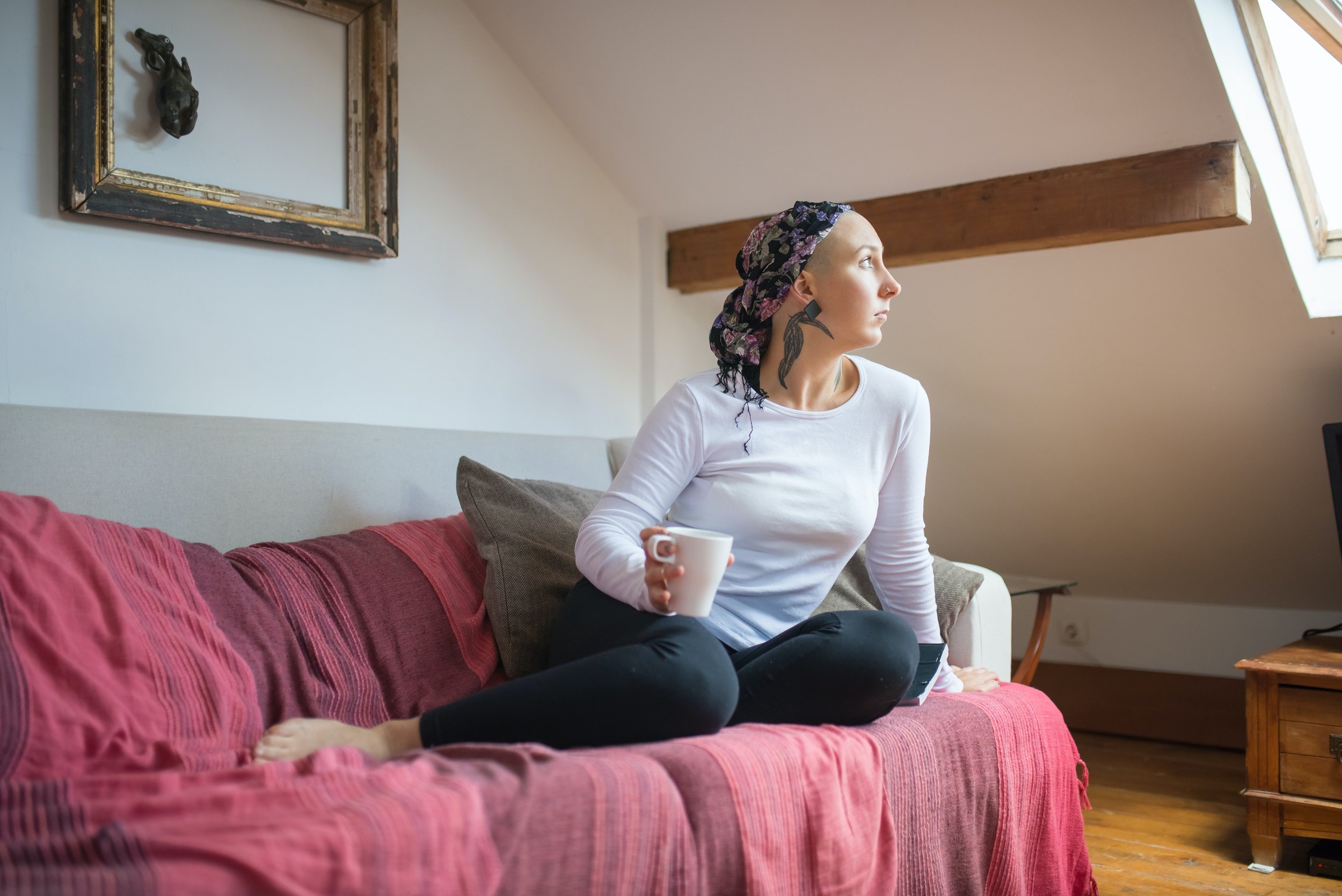Sex Therapy Treatment Tips
In part one of our Sex Plus Symposium session with Dr. Matthew Barker, we discussed how sexual pain impacts women’s sexual functioning, what a cancer diagnosis can mean for females, and how it can affect sexual function. In this post we’ll cover tips for remaining healthy sexually and physically, as well as, some treatments for sexual pain females may experience.
Tips for Remaining Healthy
Maintain Laundry
Keeping clean clothing and regular laundry as part of your routine can help alleviate some physical symptoms. Doing things like wearing all-white cotton underwear, wearing thigh-high or knee-high hose instead of pantyhose, wearing loose-fitting pants or skirts, and removing wet bathing suits and exercise clothing promptly is good practice for your body.
Using dermatologically approved detergents, not using fabric softeners on undergarments, and double-rinsing underwear and any other clothing that comes into contact with the vulva are also good practices.
Maintain Hygiene
In addition to keeping your clothing and laundry clean, it’s also important to keep yourself clean and maintained. Using soft, white, unscented toilet paper, urinating before your bladder is full, and adding fiber and water to your diet to avoid constipation are good practices when using the bathroom.
When bathing, use lukewarm or cool sitz baths to relieve any burning and irritation, avoid getting shampoo on the vulva, avoid bubble baths, douches, or any perfumed creams or soaps — especially avoid products with the common irritants/allergens: propylene glycol, benzocaine, lanolin, chlorhexidine, and parabens — wash the vulva with cool to lukewarm water only, and rinse the vulva with water after urination.
Sustain Healthy Sexual Activity
Some ways to be healthy while being sexually active include choosing a lubricant that is irritant-free and comfortable for you, urinating and rinsing the vulva with cool water after sexual intercourse, and avoiding the use of spermicides.
Another topical treatment for sexual activity includes applying ice or a frozen blue gel pack (lunch box size) wrapped in a towel to relieve burning after intercourse. You can also consider a topical anesthetic such as lidocaine ointment 5%.
Sustain Healthy Physical Activity
In order to remain healthy after physical activity, avoid exercises that put direct pressure on the vulva such as bicycle riding and horseback riding, limit intense exercise that creates friction or sweating in the vulvar area, and consider enrolling in a class such as yoga to learn stretching and relaxation exercises.
After the activity, use a frozen gel pack wrapped in a towel to relieve symptoms after exercise, avoid hot tubs and chlorinated pools, and use a foam rubber donut for long periods of sitting. If you sit all day at work, intersperse periods of standing.
Treatments for Sexual Pain
Aside from taking oral estrogen or FDA-approved vaginal Estradiol products, there are other ways to combat sexual pain with help from a sex therapist.
Taking oral estrogen can have side effects so it’s important to weigh all options first. A small number of endometrial cancer cases have been reported, but overall a minimal risk. Higher serum estradiol levels were elevated more significantly with systemic estrogen compared with local estrogen. Cochrane meta-analysis showed local estrogen is not associated with an increased risk of endometrial hyperplasia.
All prescriptions of minimally absorbed local vaginal estrogen products to women with breast cancer are considered off-label use and against Food and Drug Administration recommendations.
Vaginal Lubricants
Vaginal lubricants are recommended for the subjective improvement of dyspareunia. Using lubricants does not reverse vaginal atrophy. It is a non-physiological way to give temporary symptom relief, often followed by vaginal irritation.
It is recommended to use water-based lubricants such as Astroglide, K-Y, Liquid Silk, or Slippery Stuff, but there are silicone-based lubricants such as Astroglide X, K-Y Intrigue, Pjur Eros and oil-based lubricants such as olive oil, Elegance Women’s Lubricants.
Vaginal Moisturizers
Another treatment for symptoms of vaginal atrophy like dryness and dyspareunia is a vaginal moisturizer such as polycarbophil gel. Moisturizers improve lubrication but do not reverse vaginal atrophy. Moisturizers are less effective than topical estrogen but are useful for women who cannot take hormones.
Vaginal Dilators
For women who have pain with sexual touch or an attempt at penetration, the body will naturally tighten the muscles of the pelvic floor. Using silicone graduated dilators to gradually reopen the vaginal opening, as well as pelvic floor therapy is one way to combat this sexual pain.
Laser Therapy
This non-hormonal localized therapy in the vagina is similar to lasers used in dermatology. The fractional CO2 lasers induce topical remodeling of connective tissue and the production of collagen and elastic fibers.
Physical Therapy
Sexual dysfunction in women is often multi-factorial. Pelvic Floor Muscle Training (PFMT) is recommended for sexual disorders when the clinical assessment has noted “overactive” or hypertonic muscles or weak pelvic floor muscles.
Physical therapy combined with counseling can also help build sensate focus. The aim of sensate focus is to build trust and intimacy within your relationship; it emphasizes positive emotions, physical feelings, and responses while reducing negative reactions
Sexual dysfunction — especially pain with intercourse — is common in women, and common with cancer. Screening and therapy should be discussed at follow-up visits to determine individualized treatment based on women’s symptoms and the risk-benefit ratio.
To learn more about sex therapy and sexuality after cancer, schedule an appointment today.


